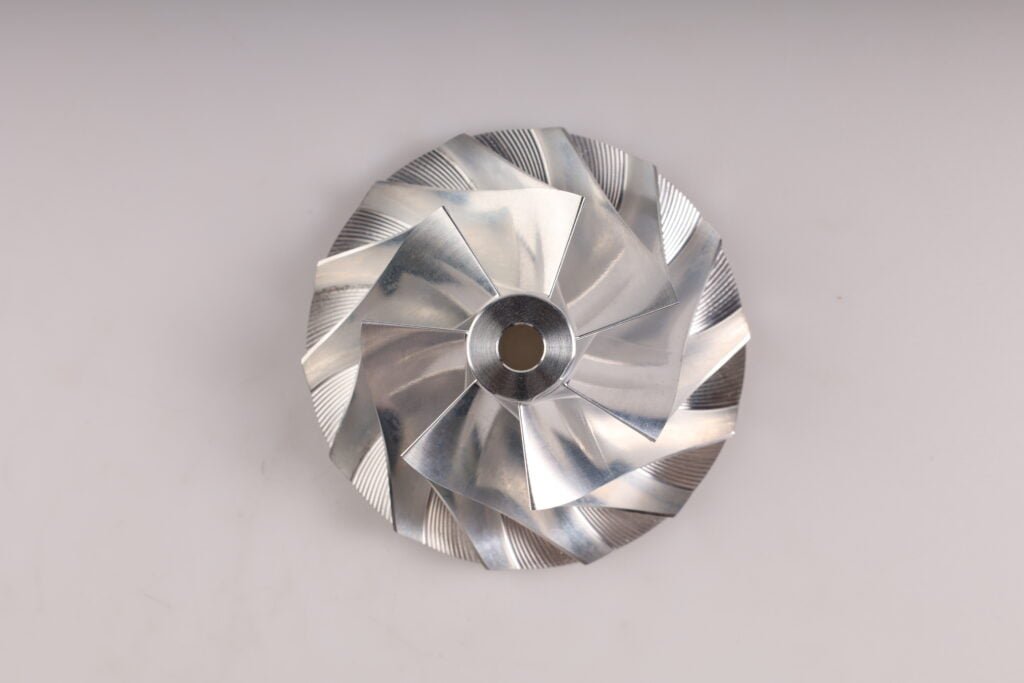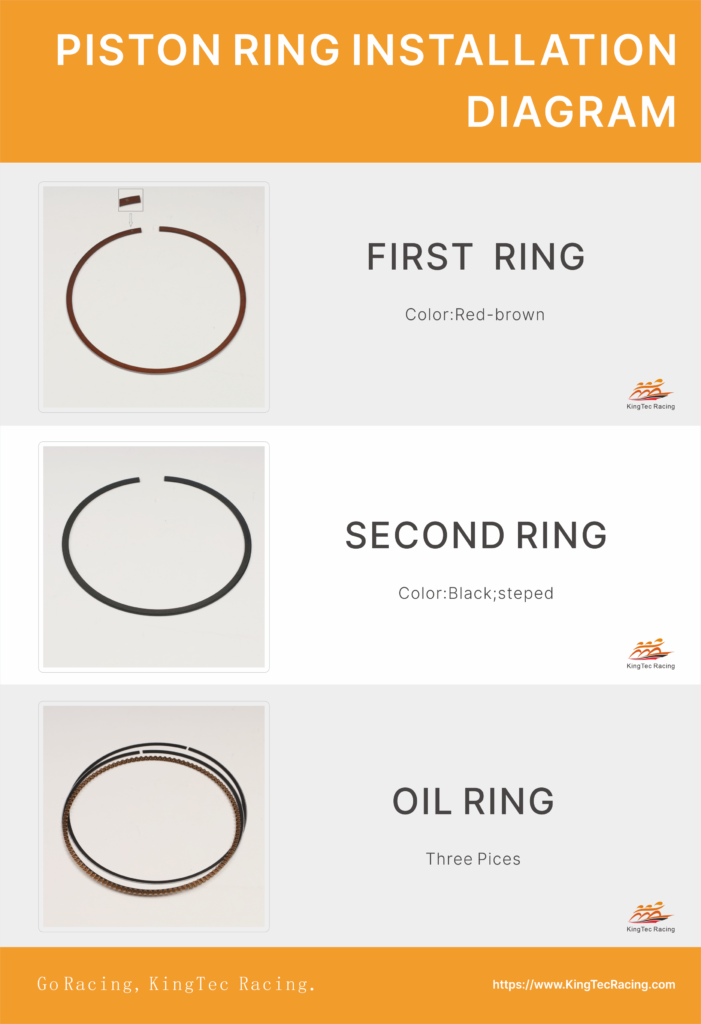In the realm of high-performance engines, the choice of connecting rod material is a critical decision that can significantly impact the engine’s power, longevity, and overall efficiency. Steel, aluminum, and titanium are the three main contenders in this arena, each offering a unique set of attributes that cater to distinct performance scenarios. This article delves into the nuances of these three materials, shedding light on their suitability for various engine applications.
Steel Connecting Rods: Robust Powerhouses
Steel connecting rods have long been synonymous with durability and strength. They are commonly forged from materials like 4340 or 4330 high-carbon steel, making them the go-to choice for engines with demanding power outputs and rigorous usage. These rods excel in scenarios where engine performance is pushed to the limits, such as in drag racing or high-performance street applications. Their robustness allows them to handle intense stresses, making them a favorite for engines that regularly hit high RPMs.

Aluminum Connecting Rods: Weight-Saving Marvels
Aluminum connecting rods offer a distinct advantage in terms of weight reduction. Being up to 25 percent lighter than steel rods, they are highly sought after by racers aiming for superior power-to-weight ratios. The reduced reciprocating mass results in faster revving engines, translating into increased power delivery. Aluminum rods are particularly favored in scenarios where quick throttle response is vital, such as sprint racing or autocross. However, their Achilles’ heel lies in their fatigue life; the lightweight nature of aluminum makes them more susceptible to wear and tear over time, especially in high-stress applications.
Titanium Connecting Rods: The Ultimate Fusion
Titanium connecting rods bridge the gap between aluminum’s weight advantage and steel’s robust strength. Combining the best of both worlds, they are a top choice for applications that require both lightweight responsiveness and high durability. This makes them a prime candidate for drag racing, where the need for rapid acceleration meets the demand for enduring strength. Despite their exceptional performance benefits, titanium connecting rods come at a premium price, making them a choice reserved for serious competitors who prioritize optimal performance.
Choosing the Right Material for Your Engine
The decision between steel, aluminum, and titanium connecting rods ultimately boils down to the specific demands of your engine and your racing aspirations. If you’re chasing maximum power and uncompromising strength, steel rods are the logical choice. For those seeking to shave off precious weight and enhance throttle response, aluminum rods are a compelling option. Meanwhile, titanium rods offer a harmonious blend of lightweight agility and enduring might, catering to those who demand nothing but the best.
In conclusion, the choice between steel, aluminum, and titanium connecting rods is a testament to the intricate balance between power, weight, and durability. Each material brings its own set of advantages and limitations to the table. As you embark on the journey of optimizing your engine’s performance, consider these material nuances carefully, ensuring that your choice aligns with your engine’s unique characteristics and your racing goals.
Choosing Between 625+ Bolts and ARP 2000 Bolts: Advantages, Applications, and Adequacy for Regular Racing
In the world of high-performance engines and racing, the choice of fasteners can make a significant difference. Two contenders in this arena are “625+ Bolts” and “ARP 2000 Bolts.” Each has its own strengths, suited for various scenarios. This article delves into their advantages, applications, and specifically explores whether ARP 2000 Bolts suffice for regular racing needs.
625+ Bolts
Advantages
1. Extreme Temperature Resistance: Constructed from Inconel 625, these bolts thrive in high-temperature environments, ideal for turbochargers, exhaust manifolds, and other heat-exposed components.
2. Corrosion-Proof: Inconel’s corrosion resistance ensures prolonged durability, especially in demanding conditions.
3. Robust High-Stress Performance: With a larger diameter thread, they handle stress and vibration effectively, maintaining a secure connection.
Applications
- 1. High-Heat Engines: Perfect for engines where heat is a challenge, like those powering turbocharged vehicles.
2. Vibration-Prone Settings: Reliable fastening under extreme vibrations, such as in off-road racing.

ARP 2000 Bolts
Advantages
1. Versatility in Performance: ARP 2000 Bolts are adaptable, fitting various engine components like connecting rods, crankshafts, and cylinder heads.
2. Excellent Strength: High-strength steel material guarantees durability and reliable performance in high-stress applications.
3. Affordability: While delivering performance, ARP 2000 Bolts are budget-friendly.
Why use ARP2000 bolts?

Applications
1. Wide Engine Range: These bolts suit a diverse range of engines, from daily drivers to moderate racing setups.
2. Multiple Scenarios: Well-suited for different contexts, like regular racing events.
When it comes to regular racing like circuit racing or boat racing, ARP 2000 Bolts can be more than sufficient. These events typically involve moderate stress levels and shorter bursts of high performance. ARP 2000 Bolts’ commendable strength and reliability make them well-matched for these scenarios. Their adaptability across engine components further adds to their suitability for a range of racing needs.
In the decision between “625+ Bolts” and “ARP 2000 Bolts,” context plays a vital role. For high-heat applications and extreme vibrations, “625+ Bolts” showcase their strengths. However, for regular racing, ARP 2000 Bolts offer a cost-effective solution without compromising performance. Their adaptability and strength make them more than adequate for the demands of typical racing scenarios. So, whether you’re on the track or water, ARP 2000 Bolts can reliably keep you racing towards victory.




